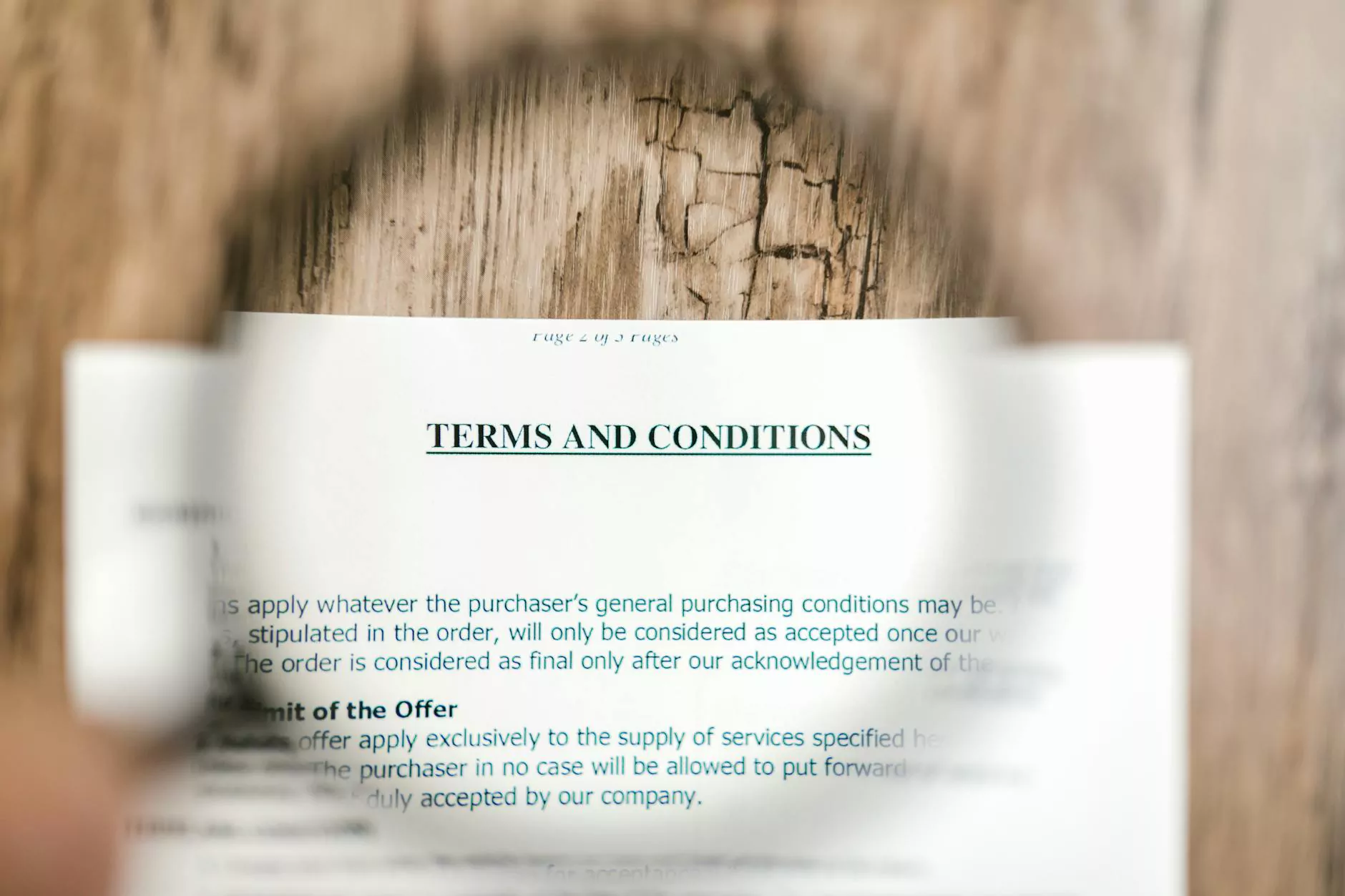Understanding Data Privacy Compliance in Modern Business

Data privacy compliance is a crucial aspect of operating in today’s digital landscape. As businesses increasingly rely on technology to store, process, and analyze information, the need to protect sensitive data becomes paramount. This comprehensive article delves into the importance of data privacy compliance, the frameworks governing it, challenges businesses face, and effective strategies for ensuring compliance within your organization.
The Growing Importance of Data Privacy Compliance
The exponential growth of data has made it necessary for businesses to implement robust data privacy practices. Organizations must not only safeguard personal and sensitive information but also comply with an array of regulations aimed at protecting consumer rights. Failing to adhere to these regulations can result in severe financial penalties and damage to a company’s reputation.
Key Drivers of Data Privacy Compliance
- Regulatory Requirements: Governments worldwide are enacting stringent data protection laws, such as the GDPR in the European Union and CCPA in California. These regulations require businesses to be transparent about their data practices and grant consumers rights over their personal information.
- Consumer Trust: In an age where data breaches are rampant, consumers are more cautious about whom they trust with their information. Companies prioritizing data privacy compliance can enhance customer trust and loyalty.
- Risk Management: A comprehensive data privacy framework aids in identifying potential risks and implementing controls to mitigate them, reducing the likelihood of data breaches.
- Competitive Advantage: Organizations that demonstrate a commitment to data privacy can differentiate themselves in the market, potentially attracting more customers who value their personal information's safety.
Key Regulations Impacting Data Privacy Compliance
Understanding the landscape of data privacy regulations is crucial for businesses seeking compliance. Here are some of the major frameworks that organizations should be aware of:
1. General Data Protection Regulation (GDPR)
The GDPR is one of the most comprehensive data protection regulations, overseeing the handling of personal data within the European Union. It requires businesses to:
- Obtain explicit consent for data collection and processing.
- Allow individuals to access, rectify, and delete their data upon request.
- Report data breaches within a specified timeframe.
2. California Consumer Privacy Act (CCPA)
Similar to GDPR, the CCPA aims to enhance privacy rights and consumer protection for residents of California. It provides consumers with:
- The right to know what personal information is being collected.
- The right to request the deletion of their personal data.
- The right to opt out of the sale of their personal information.
3. Health Insurance Portability and Accountability Act (HIPAA)
HIPAA governs the protection of health information within the United States. Organizations that handle protected health information (PHI) must ensure:
- Data is kept confidential and secure.
- Patients' rights to access their health information are safeguarded.
- Any breach of PHI is reported promptly.
Challenges in Achieving Data Privacy Compliance
While the benefits of data privacy compliance are evident, organizations face numerous challenges in meeting regulatory standards effectively. Some of the most common obstacles include:
A Lack of Awareness and Understanding
Many businesses, especially small and medium-sized enterprises (SMEs), lack a clear understanding of data privacy compliance. This ignorance can lead to inadvertent violations of regulations.
Complex Regulations
The landscape of data privacy regulations is continually evolving. Keeping up-to-date with current laws and understanding their implications can be daunting for many organizations.
Resource Constraints
Implementing data privacy measures often requires significant investment in technology and personnel. Smaller organizations, in particular, may struggle to allocate the necessary resources.
Data Management Difficulties
As businesses grow, so does the volume of data they collect. Managing vast amounts of information and ensuring compliance with data privacy regulations can become increasingly complex.
Strategies for Achieving Data Privacy Compliance
To navigate the challenges of data privacy compliance effectively, organizations can employ various strategies:
1. Develop a Data Privacy Framework
Creating a robust framework for data governance is essential. This framework should outline clear policies and procedures for collecting, storing, and processing personal information.
2. Conduct Regular Audits
Regular audits help organizations assess their data handling practices against compliance requirements. Audits identify gaps and facilitate continuous improvement.
3. Implement Training Programs
Training employees on data privacy regulations and best practices ensures that everyone understands their role in maintaining compliance. This can significantly reduce the risk of accidental breaches.
4. Leverage Technology Solutions
Investing in data management tools and security software can aid in protecting sensitive information and automating compliance processes. Technology solutions can provide:
- Data encryption and access control.
- Monitoring for unauthorized access and breaches.
- Automated reporting for compliance purposes.
5. Partner with Experts
Collaborating with data compliance experts, such as Data Sentinel, can provide valuable insights and assistance in creating effective compliance strategies tailored to your organization’s specific needs.
The Role of Data Sentinel in Achieving Data Privacy Compliance
Data Sentinel specializes in IT services and computer repair, including data recovery, helping businesses navigate the complexities of data privacy compliance. By partnering with Data Sentinel, organizations can:
- Access tailored compliance solutions designed to meet specific regulatory requirements.
- Implement best practices in data handling and security.
- Receive ongoing support and consultation to remain compliant as regulations evolve.
Conclusion: The Path to Data Privacy Compliance
In conclusion, data privacy compliance is not just a legal requirement; it is a fundamental aspect of maintaining customer trust and protecting business integrity. By understanding the regulations, overcoming challenges, and implementing effective strategies, organizations can create a culture of compliance and reap the benefits of safeguarding data. Partnering with experts like Data Sentinel can streamline this process, ensuring your business remains at the forefront of data protection.
Embracing data privacy compliance is an ongoing journey, and with the right approaches, your organization can thrive in a data-driven world.









